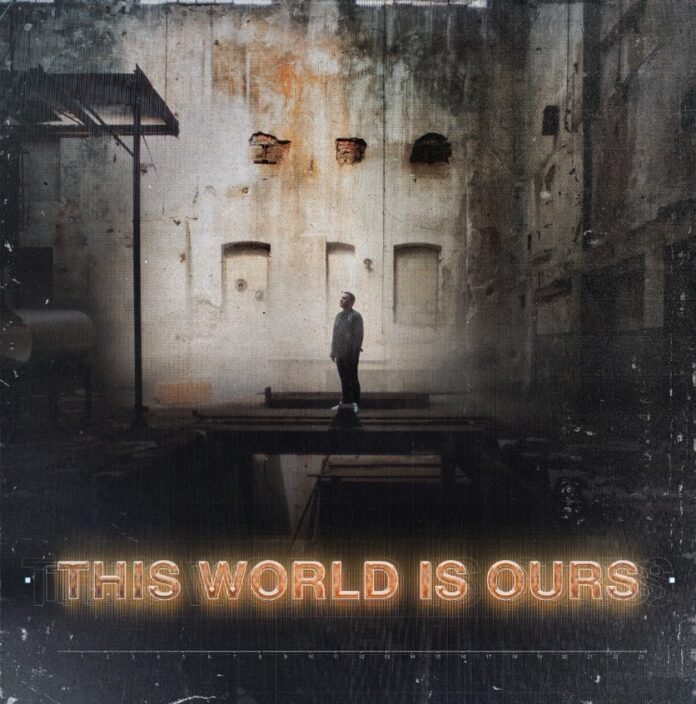Shonen series are best known for their exaggerated fight scenes and overpowered attacks, but in recent years, the genre has seen an uptick in one surprising thing: cannibalism. From Tokyo Ghoul to Jujutsu Kaisen and even Digimon Adventure, the act of people eating people is a growing trend in anime. But the reason for shonen's recent cannibal streak isn't exactly obvious.
It could be that series are trying to capture the same sense of dread and horror that Attack on Titan did when it first aired. Attack on Titan's first episode has Eren watch as his mother is devoured by a Titan and, later, he himself is eaten by one -- albeit temporarily. This establishes early on in the series that the threat of death-by-Titan is very real, and not even the main character is safe. But in Attack on Titan's case, the idea of being eaten isn't as horrifying as the suddenness and harshness of death, and how unfair circumstances make it worse. The series seemed to kickstart a general push towards horror for shonen, but most of Attack on Titan's contemporaries honed in on the "being eaten" aspect of the series' terror.
In Tokyo Ghoul, for example, Ghouls eat humans to survive, but they also eat other Ghouls to become stronger. Protagonist Ken Kaneki is attacked by one before becoming a Ghoul himself. But unlike Attack on Titan, the cannibalism aspect is the chiefly scary thing in Tokyo Ghoul, as the emotional weight of the Ghoul diet and the social horror of living as a man-eater on the fringes of society play a central role in everything that happens.
Meanwhile, in Jujutsu Kaisen, Yuji Itadori must find and consume the mummified fingers of the king of Curses, Sukuna, to finally kill the demon. While Itadori certainly eats flesh, it's really his lack of autonomy -- both over his body and his situation -- and the terrifying violence of Curses that create real horror in the series. But, in each case, acts of cannibalism function as a plot device to give the characters a reason to interact with and learn about creatures that they normally wouldn't have by choice.
Beyond shonen, though, the fear of being eaten alive has been a source of horror since the dawn of time. Throughout history, countless stories are detailing how tragedy led to victims turning to cannibalism like, for example, the Donner Party -- a traveling group that turned cannibal as the result of poor planning, bad timing and misplaced trust. We as humans often view ourselves as the top of the food chain, alone in our superiority -- eating your fellow man, a whole person with their own life and hopes and dreams... it would make you a monster.
But a person needing to eat human flesh adds a tragic layer to it that's as horrifying as it is intriguing. Horror-shonen series like Tokyo Ghoul puts people like that in the lead role, creating characters that you root for, despite what their circumstances have made them.
While the typical Japanese citizen wouldn't think of eating another person, there is a case of a cannibal becoming a folk icon. Issei Sagawa was living in France in 1981 when he killed and ate parts of Renee Hartevelt. He would be found to be incompetent to stand trial and was deported back to Japan, where he would go on to write a book detailing his murder and subsequent cannibalism. This book was a best-seller, and while he had been deemed insane in France, his Japanese doctors found him sane and released him out into the public. His status rose to that of a celebrity, and he made many appearances on television, in articles, a movie and even published restaurant reviews. But the inspiration for shonen cannibals might come from further back in history.
Cannibalism and man-eating creatures have always had a place in myths and legends. In many cultures, it is believed that consuming the flesh of another grants you some of their qualities, like beauty or health -- which you can see in Attack on Titan. Japan's mythology is full of terrifying spirits and monsters that will eat unsuspecting humans, like kappa or oni. However, when it's a human doing the consuming, man taking on the nature of a monster creates something downright unnerving, throwing everything we know and understand about ourselves out the window. Humans are unpredictable, whereas there are always ways to escape monsters -- after all, they're just beasts.
Regardless of the reason, it's good that the often-pigeonholed shonen genre is branching out and taking advantage of anime's capability to explore things beyond the normal.
About The Author

